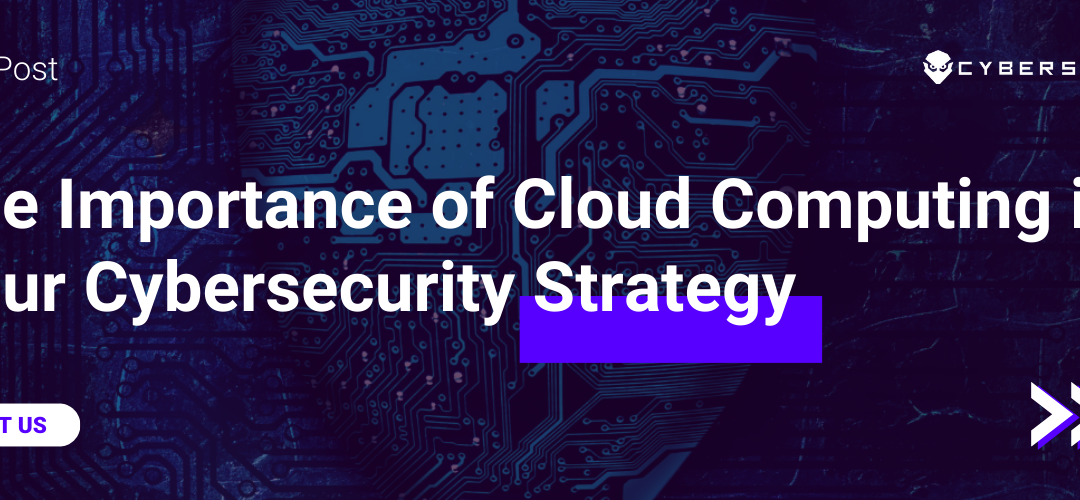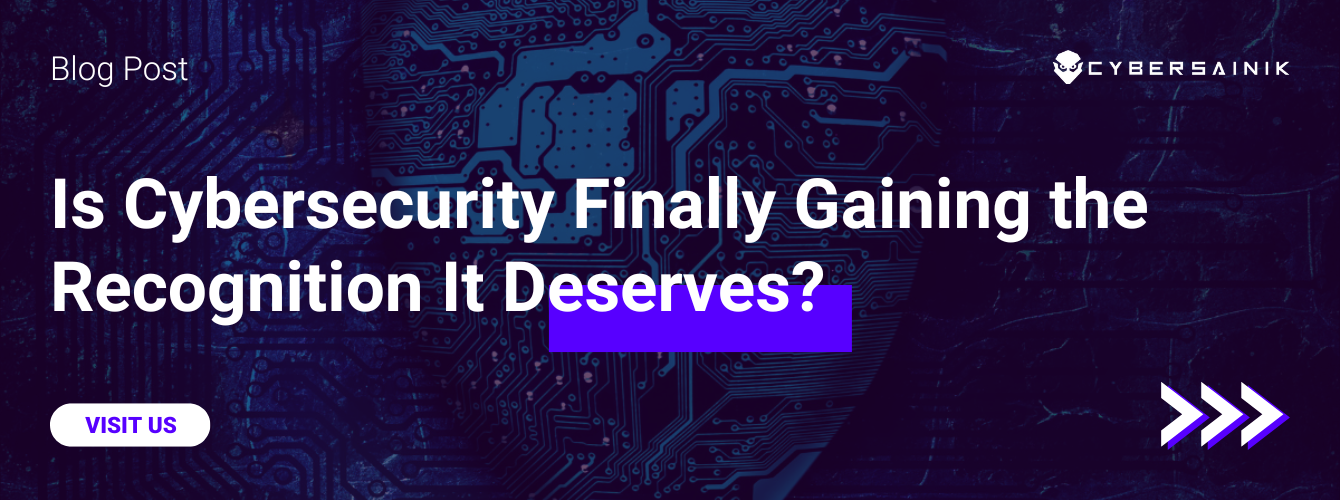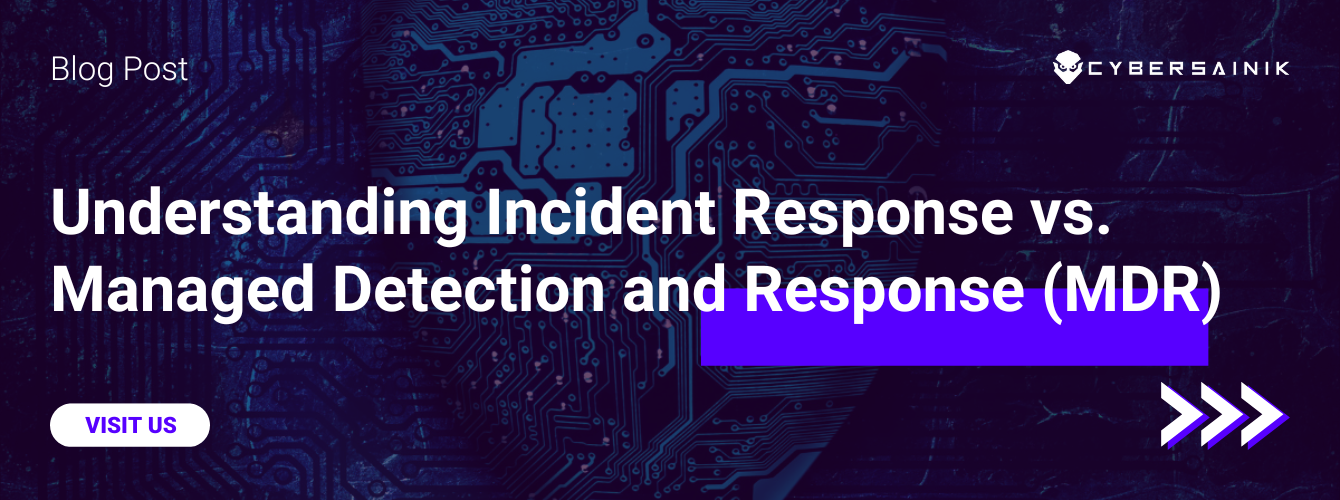There has been a significant increase in cyber attacks over the last several years as malicious actors look for, as well as exploit, vulnerabilities in computer systems and network infrastructure. When found, these vulnerabilities are used to compromise the network infrastructure, often with devastating financial consequences to the impacted business. Globally, businesses have lost more than $8 billion in 2018 as a result of ransomware, an increase from $5 billion in 2017 and $325 million in 2015. With ransomware attacks on businesses occurring every 14 seconds, it is projected that the costs of ransomware attacks will exceed $12 billion by 2020.
In order to avoid being a cyber-attack casualty, businesses need to adopt cloud computing as part of their cyber-security strategy. With cloud computing, relevant data is no longer stored and maintained on local network infrastructure; third-party cloud service providers assume the responsibility for the storage and maintenance of data at virtual data centers. Businesses have better protection for their data when stored in the cloud rather than on local physical networks.
Reasons why cloud computing is an essential cyber-security strategy for businesses
1. Skilled Personnel
With online threats constantly evolving as well as the increasingly sophisticated nature of cyber attacks, it is essential to engage the services of cyber-security specialists well versed in the detection and neutralization of cyber attacks. At present, however, there is an insufficient number of experienced specialists available to meet the demand. As such, businesses may have difficulty finding cyber-security specialists to look after their network. With cloud computing, businesses no longer have to worry about finding cyber-security specialists. The cloud service provider assumes the responsibility for hiring specialists with the skill sets necessary to deal with online threats.
2. Threat Recognition
Threat recognition and neutralization are essential in keeping networks protected. When detected early, measures can be implemented to quarantine and neutralize the threat before there is significant damage to the network. The longer a threat goes undetected, the greater the degree of network compromise and damage. In cloud-based networks, unlike traditional network infrastructures, threat analysis and network monitoring is done in real-time round the clock; this allows threats to be rapidly identified. This rapid identification of potential threats thereby significantly reduces the response time and minimizes risks to the network.
3. Data Backups
Frequent regular data backups are an essential component of any effective cyber-security strategy. Data backups provide redundancies for businesses such that they can resume business operations with minimal interruptions to their processes if they eventually fall victim to a cyber attack. Storage space limitations dictate how frequently and how much data can be backed up in traditional networks. With cloud computing, data storage can be scaled up as much as needed to handle the amount of data being backed up as well as the frequency.
4. Security Updates / Upgrades
Frequent regular security software updates and upgrades are necessary for businesses to remain secure from cyber attacks. Failure to do so may result in new threats not being promptly recognized until there has been a significant compromise to a business network. With cloud computing, updates and upgrades are performed frequently to ensure that cloud security remains constantly up to date; new security tools and applications are deployed as they become available. This is in contrast to traditional physical networks where there may be a delay in the deployment of security updates which can result in a decreased ability to identify and neutralize threats.
The Bottom Line:
At Cyber Sainik, we know how essential cloud computing is to any cyber-security strategy. We have a team of experts ready and willing to work with you to develop a cloud computing strategy to keep your business secure. Contact us today for more information.




